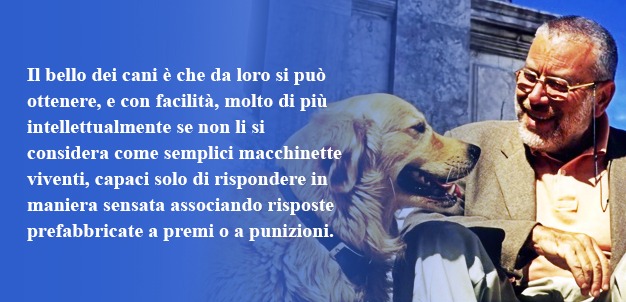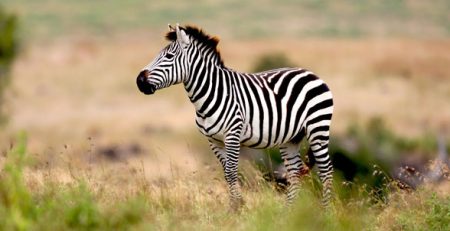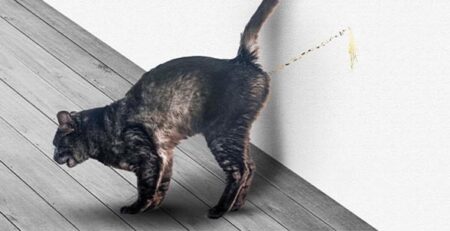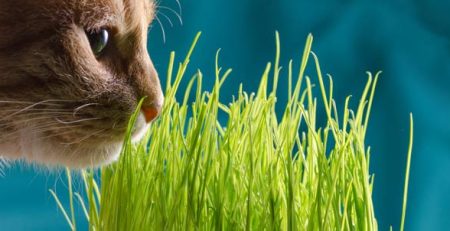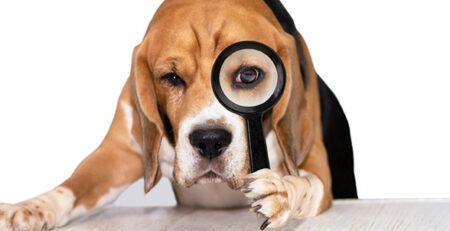“Accomplished thinking is not exclusive to humankind.
The minds of animals are no better or worse than ours.
It is simply different and suitable for other lifestyles.”
A revolutionary statement, this one by Danilo Mainardi, considered one of the fathers of modern ethology.
His scientific-divulgative activity is encapsulated in more than 200 publications.
A research focused on the study of the methodological foundations of environmental education and the importance of human impact on nature.
But Mainardi is best known for the concept of animal intelligence, a principle that totally disrupted the precepts of old-fashioned ethology.
Animals according to old school ethology
Old school ethology studied animal behavior in its natural environment and was steeped in anthropocentrism.
According to this theory, human beings would be the rightful owners of nature and therefore a superior being to animals.
And again, the old ethologists were always concerned not so much with testing the cognitive abilities of animals but with transferring or rediscovering essentially human skills in them.
The great mistake made was to compare animal intelligence with human intelligence, that is, the tendency to underestimate animals and to refuse a priori to conceive of the existence of minds qualitatively different from our own.
Modern ethology and the refinement of the animal mind
Modern ethology, on the other hand, whose progenitor is Konrad Lorenz, is now a more complex and cross-cutting science in which ecology, sociology, psychology, physiology, genetics, and biochemistry also converge and converge.
This interdisciplinary approach makes it possible to study animals in nature, taking into account their genetic makeup and hereditary factors-that is, so-called innate behaviors-but not only that.
These are also complemented by learned behaviors, that is, individual experiences triggered by the stresses of the environment in which animals live and develop.
Intelligence in both humans and animals, Mainardi asserted, is thus the sum total of all the cognitive and emotional faculties that contribute to the refinement of the ability to face and solve new or unfamiliar situations and problems.
The mind of animals is surprisingly evolved
Animals are endowed with intelligent behavior understood as adaptive capacity for survival.
In the book “La Bella Zoologia,” Danilo Mainardi takes us on an amazing journey to discover mammals, birds, fish and reptiles that have been able to find the right solutions to ensure the survival of their species.
It tells stories of co-evolution and adaptation through emblematic examples and in a simple manner without, however, disregarding scientific rigor, making complex and specialized concepts such as the evolution of the species or the relationship between humans and the ecosystem usable.
He taught us that moths, in order not to succumb to bats, have developed special sense organs to sense ultrasound from predators.
That the mechanisms of wasp and ant sociality are complex and highly evolved.
And that mice recognize relatives.
Or again, that swallows and mollusks know how to orient themselves by “reading and contextualizing” certain landmarks.
But also that dogs should not be humanized because it is true that while in this modern view they apparently have everything, it is also true that they have everything except what they like.
In short, what may seem smart to us is not necessarily smart to animals, and vice versa
Zoology more than any other science teaches curiosity, respect and love of diversity for both human and non-human individuals.
By rejecting the idea of the superiority of the human species over other animal species Mainardi was, albeit unwittingly, a forerunner of modern anti-specism.
He is credited with finally censuring that old, musty, ignorant ethology guilty of turning animals into humanized masks devoid of their inherent authenticity.
And we, for them, are always there.
We would like to remind you in this regard that Clinica La Veterinaria is always open h24 every day including holidays and with First Aid service from 8 pm to 8 am.
For the joy of seeing them HAPPY.

